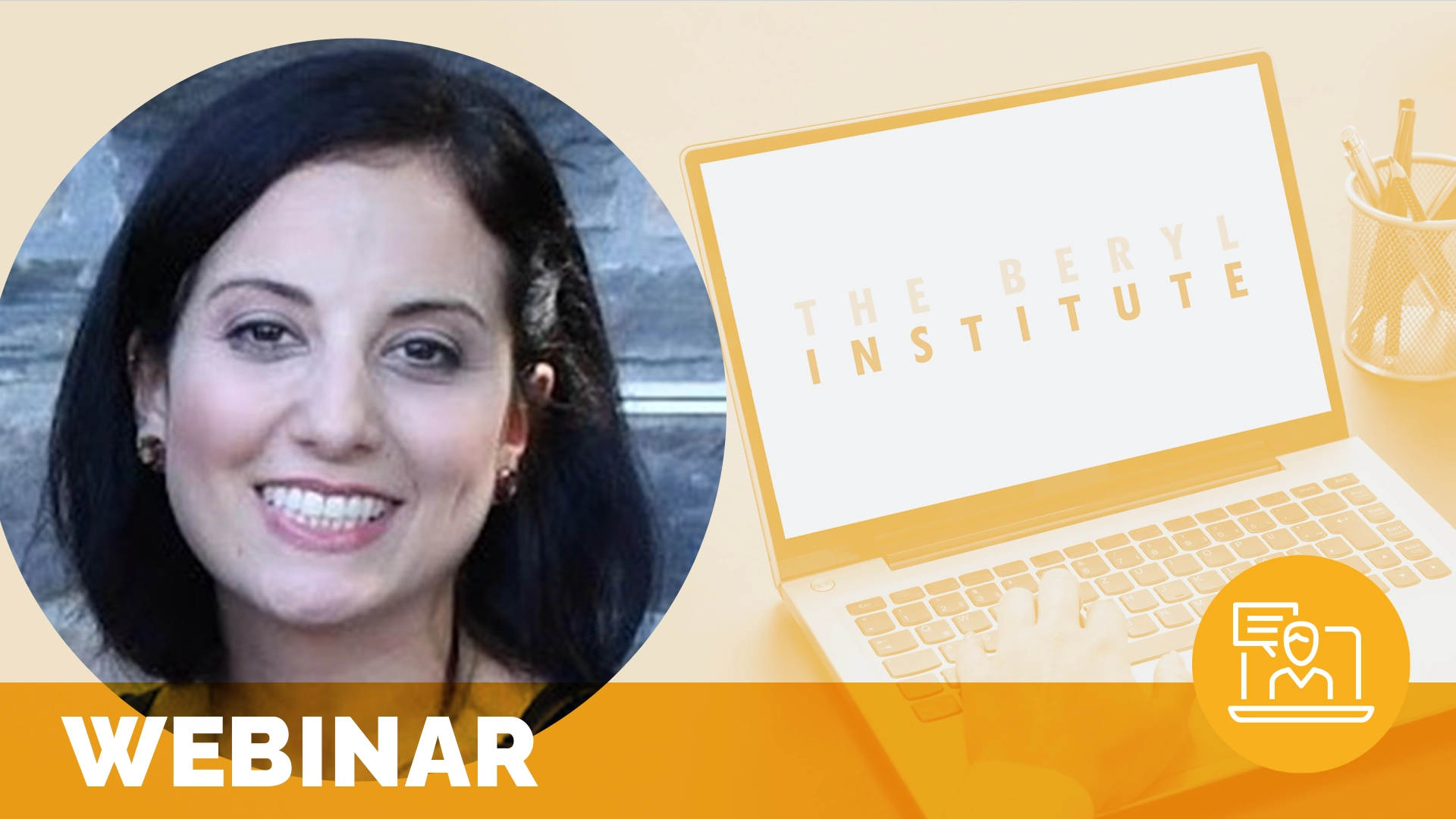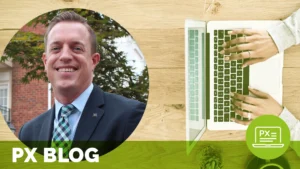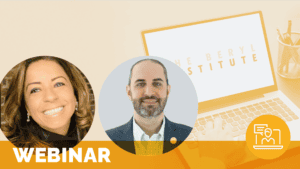Falling on Deaf Ears: Special Considerations for Deaf Patients in Healthcare

Often clinicians view Deaf patients as the same as other Limited English Proficiency (LEP) patients. Not knowing that the Deaf community has its own culture and linguistic needs often leads to poorer health outcomes and compliance for the Deaf community. It also leads to lack of equity and access in their own healthcare or worse, misdiagnoses or worse outcomes. This webinar will touch on what clinicians should know to provide the best patient centered care for the community.
Learning Objectives:
– Explain the difference between hearing LEP patients and Deaf patients.
– Summarize language variation within the deaf community and its impact on what is effective communication for them.
– Recognize unconscious biases related to deafness and develop cultural sensitivity.
Speaker:
Danielle Davoli MSHC, CI/CT, NIC | ASL Program Manager, North Shore University Hospital
Non-members can purchase webinars at a cost of $49 each.
Related content
-
 Culture & Leadership
Culture & LeadershipYCX: How Three Letters Impacted Culture, Engaged Leaders, and Drove Results
By Brent A. Grunig, Communications & Training Consultant, The Southeast Permanente Medical Group The Southeast Permanente Medical Group (TSPMG) named 2023 as the “Year of Care Experience”— or YCX. What started out as an idea for a year-long campaign ended up becoming an overwhelming success using a multi-faceted approach across teams and departments within TSPMG
Learn more -
 Quality & Clinical Excellence
Quality & Clinical ExcellenceEffectiveness of Incident Reporting Tools in Ensuring Patient Safety: A Systematic-Narrative Hybrid Review
Background: Ensuring Patient Safety in healthcare is essential and requires efficient methods to reduce risks and improve the quality of care. Although incident reporting tools are commonly used to identify possible and actual care failures, their efficacy differs among various environments. The aim is to evaluate the effectiveness of incident reporting tools in enhancing patient safety. Methods: This
Learn more -
 Culture & Leadership | Patient Family & Community Engagement
Culture & Leadership | Patient Family & Community EngagementNational Human Experience Movement Led by SOBREXP in Brazil
Global Headliner Webinar Series (Complimentary) – Join this webinar to discover the inspiring journey of Brazil’s National Movement in Human Experience, led by SOBREXP, the Brazilian Society of Patient Experience and Person Centered Care. Learn about the timeline, strategies, challenges, and key achievements that have shaped this groundbreaking effort to elevate the human experience. Tuesday,
Learn more
